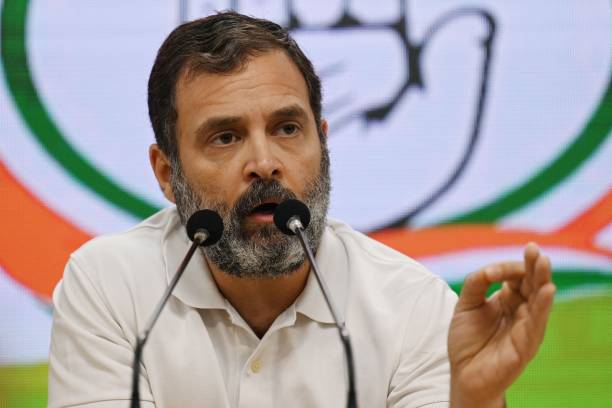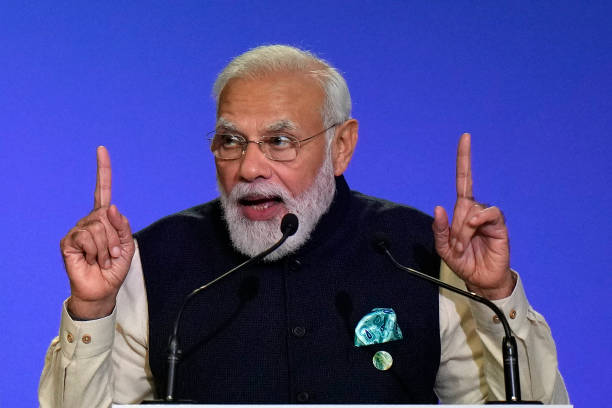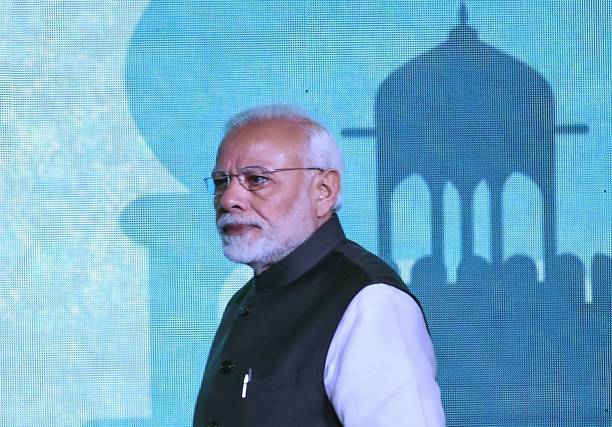Former Congress leader highlights his disqualification as an MP and subsequent opportunities to work amid changing world order.
Rahul Gandhi, former Member of Parliament (MP) and prominent leader of the Indian National Congress, delivered a thought-provoking lecture on the evolving global landscape and India’s pivotal role within it. Speaking at the prestigious university on Wednesday, Gandhi expressed his surprise at receiving the maximum punishment in a defamation case, leading to his disqualification as an MP. However, he emphasized that this setback had provided him with significant opportunities to contribute to society.
Addressing the audience, the Congress leader remarked, “Democracy is not solely about opposition; it revolves around the sanctity of institutions that support the opposition. Unfortunately, these institutions, due to capture, seek to redefine their intended roles.”
Reflecting on his introduction as a former MP, Gandhi admitted, “When I joined politics in 2004, I could never have fathomed the state of affairs in our country today. The events that unfolded were far beyond my imagination. Becoming the first person to receive the maximum sentence for defamation and subsequently getting disqualified was something I never thought possible.”
Nonetheless, Gandhi highlighted the silver lining, stating, “In an unexpected turn, this experience has granted me a far-reaching platform, surpassing the scope I would have had within Parliament. This is how politics operates.”
He continued, “The recent drama began approximately six months ago when the entire opposition in India, including us, found ourselves grappling with formidable challenges—overwhelming financial dominance and institutional capture. We were determined to uphold democratic rights in our country, but none of the existing systems seemed effective.”
Elaborating on their response to the situation, Gandhi shared, “We realized that democracy is not solely reliant on opposition; it depends on the sacred institutions that support and safeguard the opposition’s role. However, these institutions, under the influence of capture, strive to alter their mandated functions. Consequently, we made a rather unconventional decision.”
He revealed that he and his party leaders embarked on a transformative journey, the “Bharat Jodo Yatra,” where they walked across the country to connect with its people. Gandhi expressed astonishment at the profound impact their journey had, not only politically but also in terms of the response they received and the insights gained. The yatra began on September 7, covering nearly 4,000 km from Kanyakumari in Tamil Nadu to Srinagar in Jammu and Kashmir, concluding on January 30.
During their expedition, the Congress leaders encountered the “soul of the country” and witnessed firsthand the immense suffering endured by its citizens. Gandhi recounted a poignant encounter with a mechanic who lacked arms but exemplified unwavering determination and resilience in his work. He emphasized that such stories revealed a disconnection between politics and the ground reality, a phenomenon prevalent in both India and the United States.
He noted, “Despite the force exerted by the Indian government, our movement continued to grow. They possess power and the system, yet they were unable to impede us. It is crucial to differentiate between force and power. Power emanates from embracing the truth, while force relies on coercion. Our ability to weave our narrative around truth rendered their force ineffective.”
Gandhi further illustrated this point by recounting an incident in Kashmir where he challenged those who threatened violence. He proclaimed, “I dared them to show me the person willing to throw a hand grenade. Moments like these exemplify the clash between power and truth. Mahatma Gandhi successfully challenged the entire British empire without any force of his own. The amount of force at one’s disposal holds little significance. I emphasize this distinction in light of the ongoing transition we face.”
Rahul Gandhi’s lecture at Stanford University shed light on the challenges confronting democracy in India and the importance of upholding sacred institutions. He shared personal anecdotes and experiences, particularly during the Bharat Jodo Yatra, which allowed him to connect with the people of India and understand their plight. The former MP’s journey has fueled his determination to work for the betterment of the nation and contribute to the evolving global order.



